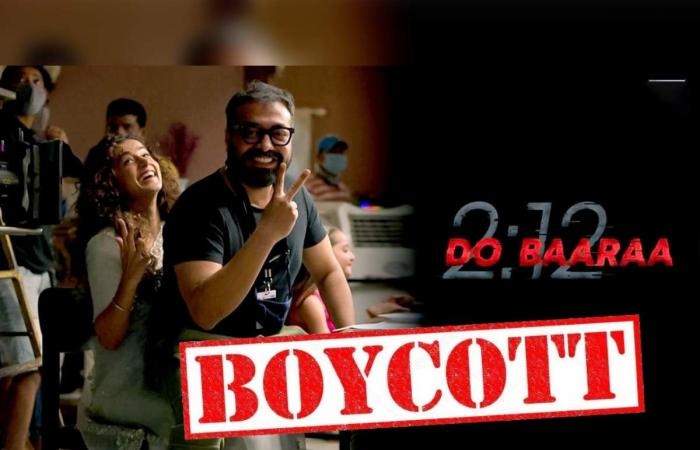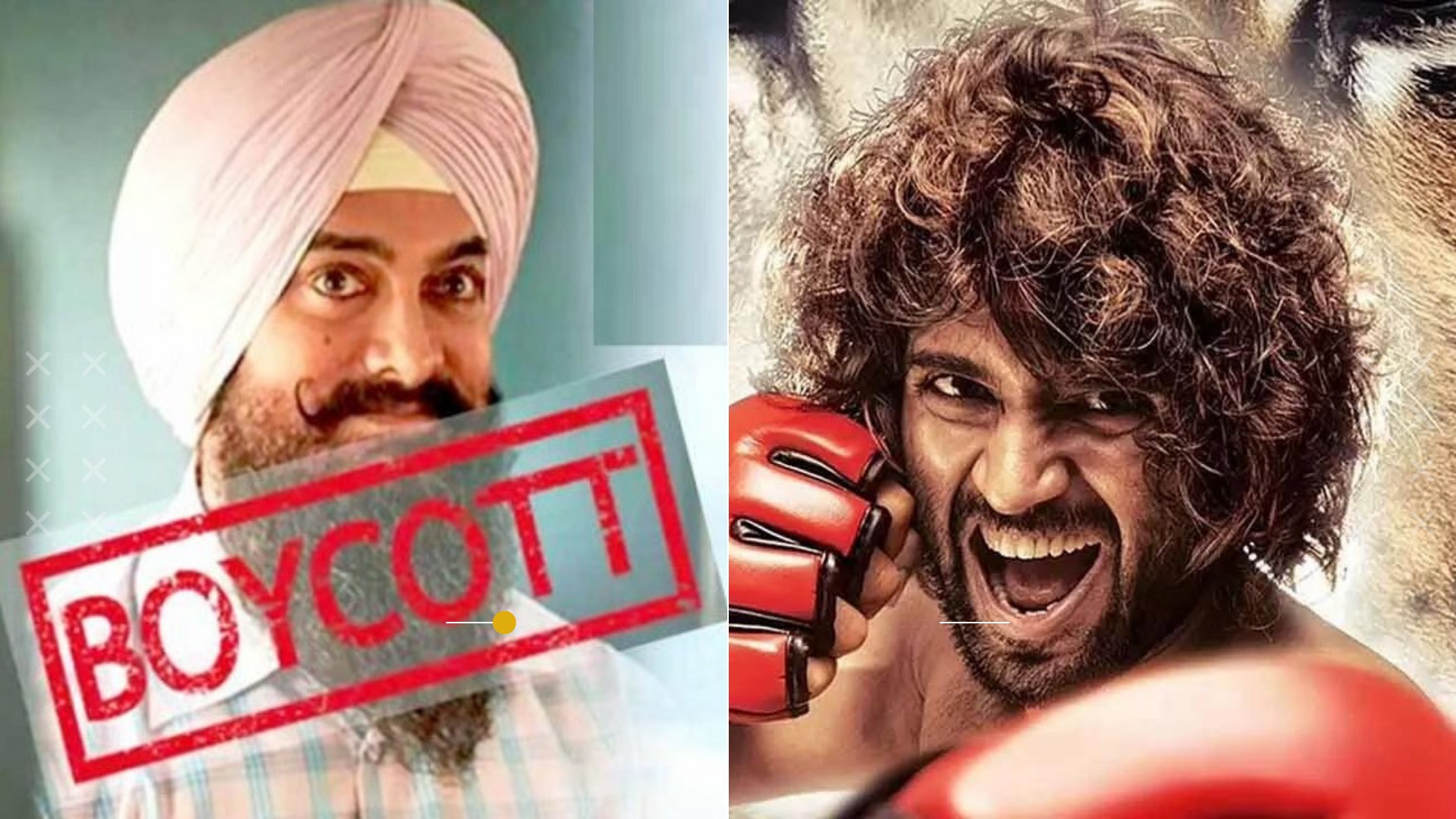Indians Are Boycotting Bollywood Movies Blindly, But This Boycott Is Going To Attack Them Back More Drastically

The film industry and the movies directors have been repeatedly described by our officials as the soft powers of India. But, it cannot be denied that it has also become a soft target. The higher the stakes, the deeper the silence. This has long been accepted as the rationale behind why most Hindi filmmakers do not speak out even in the face of the most devastating attacks on the industry.
Here is Why Some movies are Boycotted, While Some Win Hearts
- Indian audience mindset has changed over time: We used to be a soft target to put any agenda in our heads. It was slow poisoning. Take movies where Rahim chacha was always a good guy, where there was selective secularism and we kept mum. Sarfaraz was the good one and was targeted because he was a Muslim. Take these examples and see how the slow poisoning took place. But now we are more aware of these political agendas and how a few people in the industry want to play with our minds through content. And so we know which movie to watch and which to boycott.
- We will no longer tolerate abuses related to the Hindu religion: It was easy to target the Hindu community because they are quiet people and never do anything. PK, for example, where the Hindu Gods were miscast. The makers made fun of them. OMG is an example where they blatantly insulted Hindu beliefs and gods. The question is, would a similar do with another religion like Islam, or Christians are tolerated? Do we know what would happen then?

- Selective secularism: Indian audiences are tired of watching selective secularism on screen. Haider is an example of where it was okay to sympathize with Islamic terrorism. My Name is Khan and New York as examples where they were shown targeting Muslims for terrorism and brazenly embracing terrorism for the torch. They always showed villains who wear tilak and do Pooja, Take Vastav or Karan Arjun for example, and always showed Muslims as good men. Movies like Sholey, Bajrangi Bhaijaan, or Sooryavanshi as examples of where Muslims do Ganesh Pooja. People are sick of selective secularism. So, we decided to boycott.
- The arrogance of these stars: Kareena Kapoor Khan once said in an interview “Who forced you to watch our films if you don’t want. ” People took it seriously. The same happened with Tapasi and Anurag Kashyap. These people make anti-national statements, take their audience for granted, and expect us to still act like fools and watch their movies. Should we do this? The attitude of these stars is rude. They take their audience for granted, so the audience decided to reject them and boycott their movies. So that next time they will be careful before making any statement.
Effect Of Boycotting the movies on The Society
What about the consequences? Does the boycott only affect the actors and actresses whom we are targeting? What about the other cast or the crew members? Thousands of families survive because of the money that one gets after working in these movies. Making a movie is not a cakewalk. It takes months and sometimes years to release a movie. There are thousands of people working behind the scene to achieve what we see on the screens. A flop movie or empty theatres because of a boycott or any other reasons is a disappointment for the leads but also the junior artists and crew members.

What you pay for a ticket is not the exact price of the movie, we all know that. The government takes almost 28% as GST on every movie one watches. Now, we all know that GST money is ultimately used for the welfare of citizens and the improvement of public facilities. If people won’t go to watch movies, it but obvious that the government will not have enough revenue to work for the nation. So, ultimately this boycott is going to affect the common man. The actors will be paid and move to other movies.
But, one needs to rethink where this boycott is leading the nation. In an increasingly hostile environment, however, few filmmakers today are willing to wage this kind of battle. This is probably related to the vilification of the industry in the past few years. It reached its peak after the death of actor Sushant Singh Rajput on 14 June 2020. Several prominent film personalities were heavily criticized, and the industry faced a prolonged witch-hunt.
Almost four months later, some industry associations and 34 production houses filed a civil suit. Was in the Delhi High Court ordered the two news channels, and social media stands to avoid making or issuing “reckless, defamatory and insulting remarks” against the Bollywood industry and the movies. Such retaliation is few and far between.

The internet has empowered anyone who woke up on the wrong side of the bed to take out their frustrations on social media or start a hashtag campaign. It empowered them to influence public perception and advance their agenda. A large part of the public remains or chooses to be, indifferent to such manipulations.
One has to understand that boycotting the movie is not the only option. This step is harming the public too, be it indirect. Among the multitude of social media users, it is difficult to separate the bots and trolls from the average viewer. But will it help if Bollywood and movie actors do not react, dispel conspiracy theories and make it clear that enough is enough? Already at the mercy of cyber bullies and those looking to gain some political distance – the industry needs to regroup, reassess and come up with a plan to counter such attacks.




